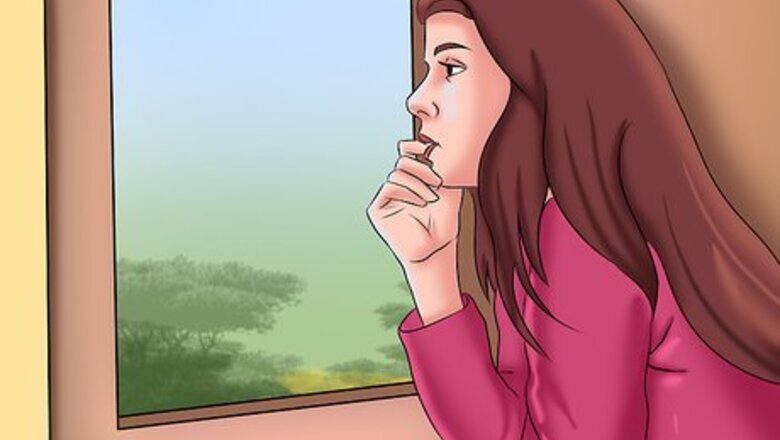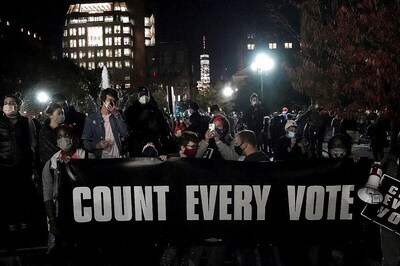
views

Step back and look at the situation. Before you go jumping into a decision that one way of looking at things is the only way, take a step back and breathe. Have you looked at all of the possible outcomes? Take a pen to paper and decide whether your problem is minor or major. If it is an immediate large problem you are dealing with then weigh the possible outcomes of all your possible moves. However, if you have time, no matter the size of the problem, slow down and really think about your options. Don't act in a matter of hours or days. If this problem is as serious as you're thinking it is, it should be dealt with, but at the right time and properly.

Consider the best and worse cases. Think about the best possible resolution of the situation. If everything went right, what would that look like, and what would the result be? Then consider the worst possible resolution. What would happen if everything went wrong? Consider the likelihood and desirability of each of these cases. If there is no case with a desirable result - if the best case scenario is not a very good result - then chances are, you're fighting for a lost cause.

Tell if you've had enough. While thinking about the problem and looking for advice constantly can help in some situations, it might just wear you down. Sometimes, the situation has been really nagging at you, it's under your skin and it won't just go away. Are you having trouble sleeping because of it? Do you find yourself often dwelling on it when you should be working or paying attention to something else? Does the problem affect you on your 'you-time', the time when you clock-out of work or school and go home to be with your family or friends? If you answered yes to any of these questions, it might be time to stop fighting and let it go.

Attempt to deal with the problem. If it's a problem that can be controlled or fixed by a person, such as a boss or friend, have you talked to them? Tell them your side of the story, tell them how it makes you feel, and directly make it known that you are unhappy with the situation. If you have talked to the head of the problem, and knowingly they have done nothing to help your situation, then it's not going to change. You are fighting a losing battle. Change does happen slowly though, so be aware that while it is possible, it does take time.

Ask for help from other sources. If you've gotten nowhere trying to work with those involved to solve the problem, turn to someone outside it. Approach a family member or friend, tell them what's going on, and then ask them to all help you. Consult a therapist or other professional for expert help in coming to terms with the situation, or ask people experienced in conflict resolution for advice.

Know when to leave the situation. If it's not going to get better, or if solving the problem will bring up other issues, it might be better just to let it go. If you feel that all your efforts to resolve the conflict or fix things are failing to achieve any results, or if you've tried everything you can think of, to no avail, consider stepping back and walking away from the situation. It's better to leave the problem and move on than to continually dump your time and energy into a virtual black hole in an effort to resolve it.

Say goodbye and don't feel guilty. No matter how hard it was for you to say goodbye in a bad situation, remember that you did it to better yourself. You did this because you are an equal person to everyone else and you deserve to be happy too. It doesn't matter who they are, if they are not willing to accept that, then they were not worth your sorrow.














Comments
0 comment